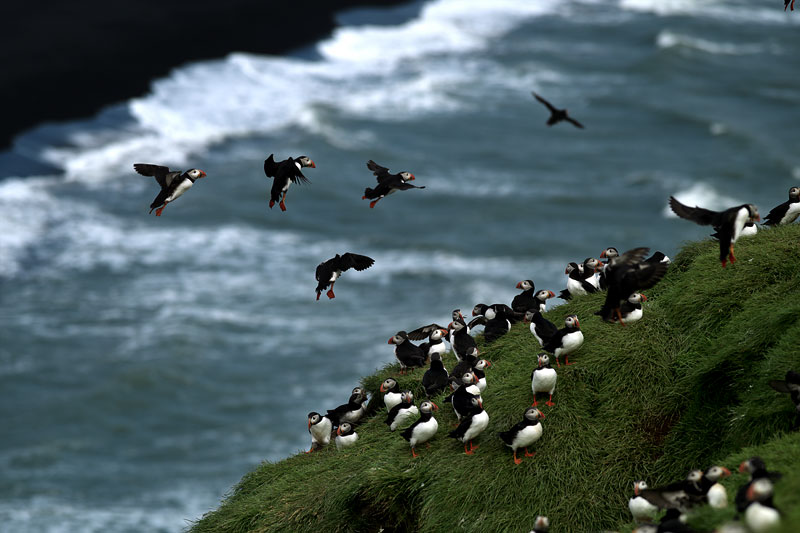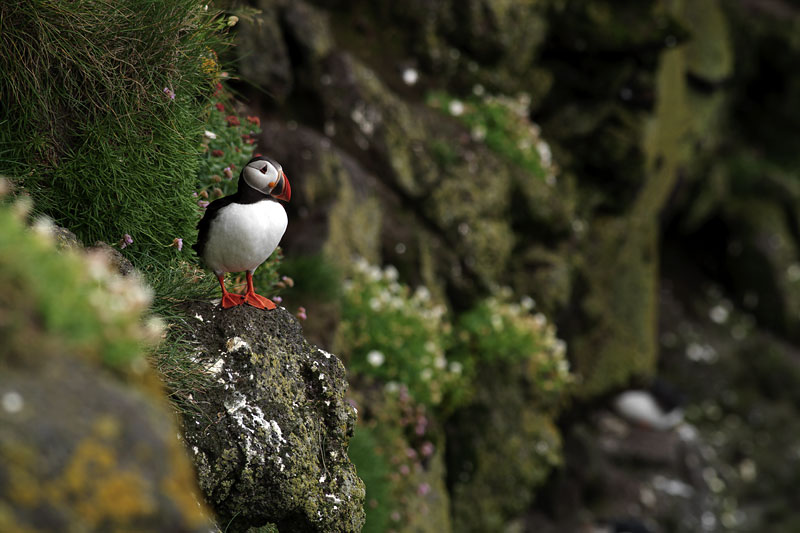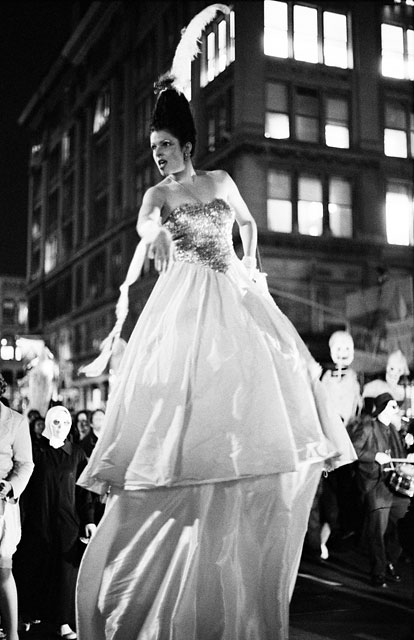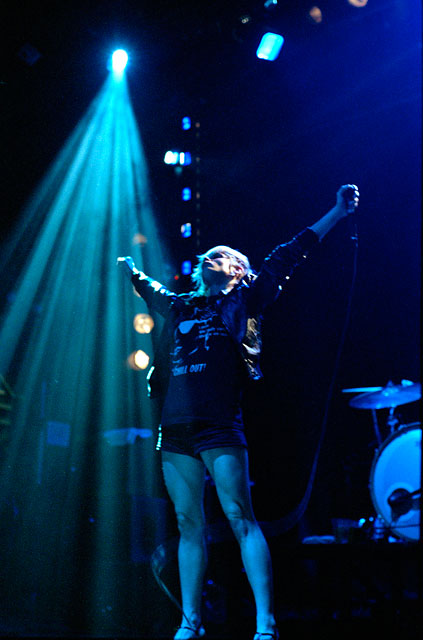That's a lovely casual portrait...is it with a 35mm on the M8?
Yeah, soon after getting the R-D1 I got the 28mm f/1.9 and the 50mm f/1.5. Both were great fun on the camera, but in the end I decided to return them and just get a 35mm. Largely because this is all still new to me, and it seems right to learn with just one lens for a while. Of course I couldn't resist and had to get the 35mm 1.2 Nokton...
 it's a monster of a lens, but coming from the DSLR world, it's still a compact kit for me.
it's a monster of a lens, but coming from the DSLR world, it's still a compact kit for me.
I'll admit, a compact M8 with a nice little (relatively) 35mm lux is rather tempting. But I think I've got plenty to learn and play with before I feel the need to upgrade.
Anyhow, I just got the lens yesterday so it's time to take some photos...

Best,
-Jason
Yeah, soon after getting the R-D1 I got the 28mm f/1.9 and the 50mm f/1.5. Both were great fun on the camera, but in the end I decided to return them and just get a 35mm. Largely because this is all still new to me, and it seems right to learn with just one lens for a while. Of course I couldn't resist and had to get the 35mm 1.2 Nokton...

I'll admit, a compact M8 with a nice little (relatively) 35mm lux is rather tempting. But I think I've got plenty to learn and play with before I feel the need to upgrade.
Anyhow, I just got the lens yesterday so it's time to take some photos...

Best,
-Jason








